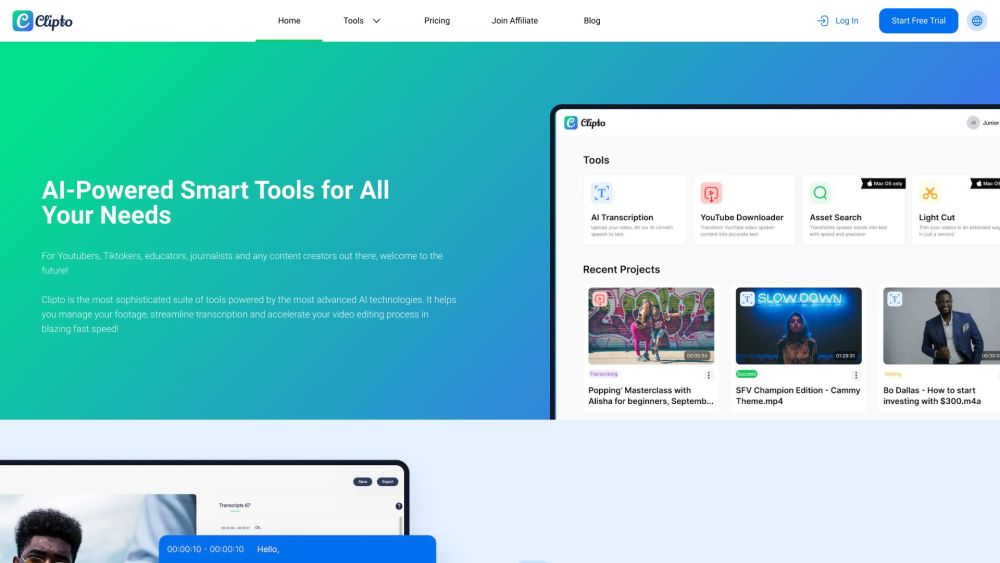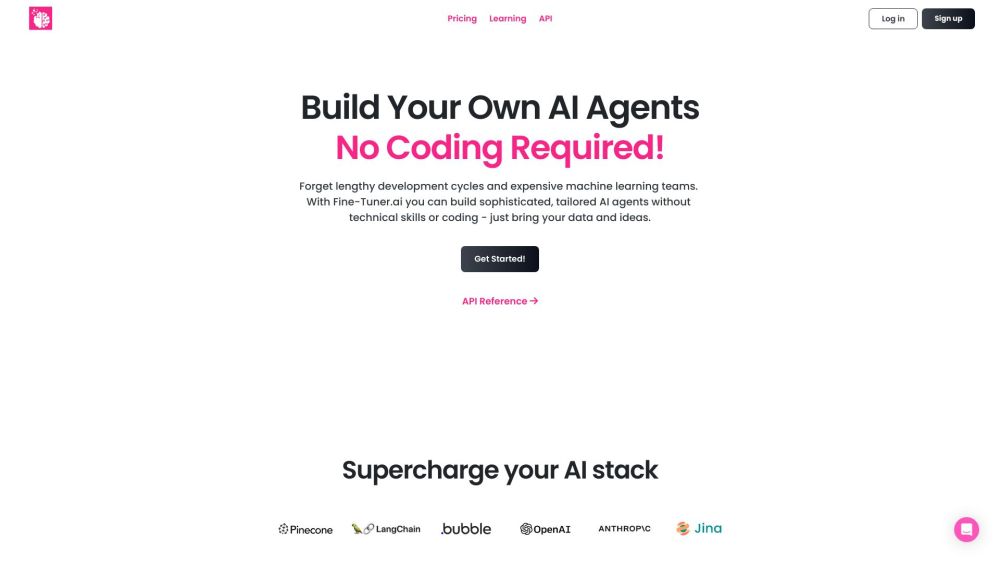Just three months after Maven's public launch, co-founder Kenneth Stanley, a former OpenAI researcher known for his innovative contributions to technology, has decided to step down. In his posts on Maven and X, Stanley acknowledged that while the platform received enthusiastic feedback upon launch, it struggled to achieve the growth curve expected by investors, indicating that a crucial element for that growth might still be elusive.
To prolong Maven's viability, Stanley, along with co-founder Blas Moros, opted to explore other opportunities. Maven's Chief Technology Officer, Jimmy Secretan, informed that the company has a few months of operational runway remaining. "We made this decision to enhance our efficiency and run a tighter ship," Stanley explained in a phone interview. "While I would have preferred to secure funding and continue, this path allows us to survive and strive forward. Many believe in our mission, so it's important to keep it alive."
On social media, Stanley emphasized the need for platforms like Maven, stating that the internet requires "something to divert us from the endless popularity contests and move us towards genuine serendipity." Secretan will continue leading product development at Maven, chosen for his key role in building the application.
Maven's soft launch occurred in January, followed by its public debut in May, garnering attention from notable backers like Twitter co-founder Ev Williams and OpenAI CEO Sam Altman, who participated in a $2 million seed funding round earlier this year. Stanley shared that these tech leaders supported Maven's mission of fostering serendipitous connections among users.
The question of whether Maven could secure additional funding or cultivate a sufficient user base was always uncertain. The platform allows users to engage with topics of interest, ranging from neuroscience to parenting, but intentionally lacks typical social media features like likes or shares. While this choice could reduce toxicity, it also poses challenges for user engagement.
In a previous conversation, Stanley had explored monetization ideas to attract investors, including subscription models or advertising. Secretan noted that growing the user base would be a prerequisite for any monetization strategy.
“At Maven, we excelled at fostering meaningful conversations about unique and unexpected interests," Secretan stated. "Unfortunately, such in-depth discussions can be less viral, making growth more challenging."
Post-departure, Maven plans to bring in contracted product design expertise to maintain its core philosophy while increasing user engagement. "We’re not opting for the easy route by flooding the feed with popular, lowest-common-denominator content," Secretan affirmed. "There's a way to maintain quality and still attract more users."
Maven has also developed a spinoff app, Ryff, which employs generative AI art to help users follow their interests and discover new areas. Stanley expressed his eagerness for "new opportunities" and a renewed focus on AI. He anticipates that his next project could relate to "open-endedness" in AI research, which examines algorithms designed to invent uniquely and solve novel tasks. Stanley views this approach as a counter to traditional optimization, where AI is directed towards a specific outcome and must chart a path to achieve it.





